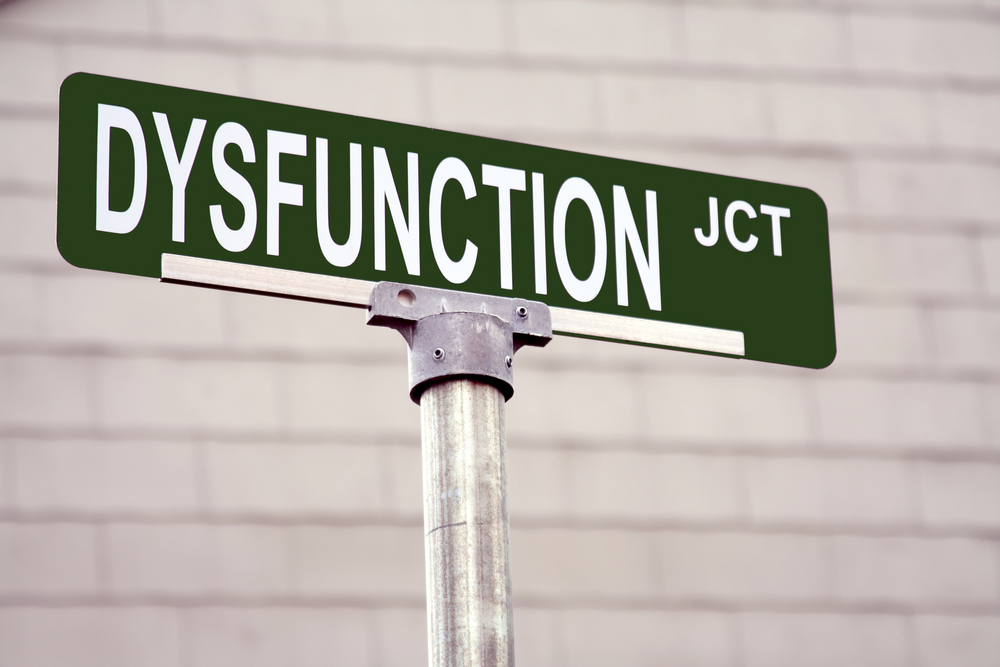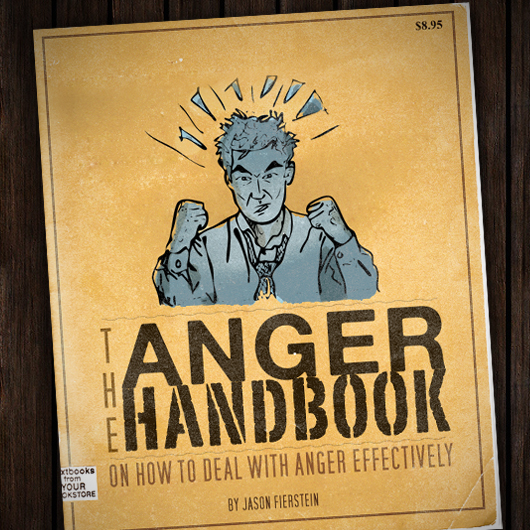It feels like Twitter has been with us forever. But in the grand scheme of things, it’s still a relatively new toy we’re learning to use. I see it as my second dysfunctional family.
Mood music:
[spotify:track:2eedJzR1h4Nxk7pGhhoJlb]
My Twitter house has 3,262 people crammed into it; many from the information security profession. Some of the smartest people I know sit around the kitchen table every day, bantering without ever getting tired.
As it is with any family, we often get on each other’s nerves.
For one thing, the house is always LOUD. It’s so loud that it’s normal for half the household to go to bed with headaches while the rest keep pontificating, sharing pictures and arguing.
There’s the older uncle who’s perpetually cranky but we can sit at his feet and listen to him for hours because he’s so damn funny. And smart. Let’s face it, every family had a beloved, crazy uncle.
There’s the other uncle who will disagree with you just to start a debate. But he’s such a nice guy you just can’t get angry when he picks your positions apart.
There’s the cousin who never stops talking. Any random thought he has, he says it. You can’t keep up with him, he talks so fast. But he too is smart and talented, so we put up with it.
There’s the cousin who puts everything and everyone down for the sake of starting a conversation. This one usually comes in the house blasted on vodka or wine and talks about tearing someone’s eyeballs out. But this cousin is harmless and, deep down, a good kid.
There’s a brother who is always telling people what they did wrong — that they didn’t work hard enough or made sweeping statements that tarred people who didn’t deserve it. The rest of the family is afraid of this one. Unfortunately for us, though, he’s usually right, so we put up with him and, occasionally, try to stop doing the stupid thing he says we’re doing.
There’s the cousin who will let everyone know the second she stubs a toe, gets charged too much at the auto body shop or finds a hole in her umbrella. She’ll make her grocery list and run down the list aloud for all to hear. That grates on a few nerves, but she’s a sweet lady who is always there when one of us has a problem, so listening to her grocery list recital is the least we can do.
There are the two middle siblings who fight about everything, especially politics. They’ll occasionally call each other names, usually personalized variations of the F-S- and C-words. But they know their politics, so we listen and learn for about a half hour before yelling at them to shut up.
Then there’s me, perhaps the most infuriating family member of all.
I’m constantly shoving the stuff I write in their faces because I want them to talk about how the subject matter plays in their own lives. I don’t say much else when I’m in the house unless I’m excited about a new band I want people to hear or my kids say something too damn funny not to share. But I write all the time, and I have to show them everything, even stuff they may have seen before.
People tell me to shut up and go away; to stop repeating myself and promoting myself. That last one pisses me off and I spit out a few choice words. Then I resume what I’m doing like nothing happened.
People seem to tolerate me because writing is my job and, once in awhile, I write something that resonates with a few of them.
The rest simply ignore me when I get to be too much.
A messy, loud place, this Twitter house is. I’ve thought about moving out a few times, to get away from the so-called echo chamber. But I always decide to stay.
Because love ’em or hate ’em, these people are family.
And because — I’ll admit it — I need a few dysfunctional people in my life.








